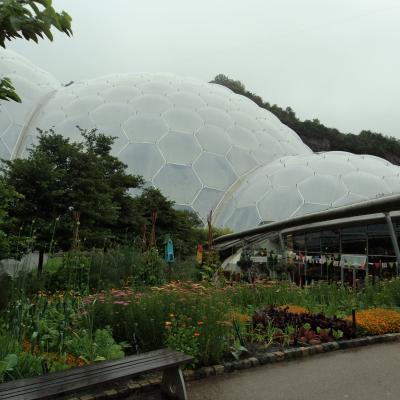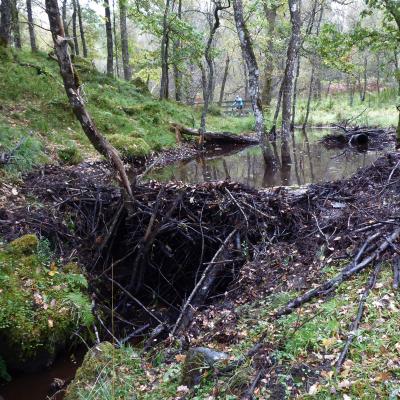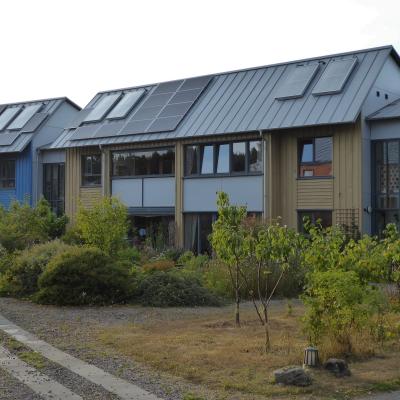A collaborative blog with Suzy Harper on diets, weight loss and the environment.
Once upon a time, a diet was simply about losing weight. People would alter the food they ate in order to affect a lifestyle change. Slowly, people began to wake up to the impact their food choices have on the environment, leading to a surge in the popularity of vegetarianism. It’s believed that 1.5 billion people around the globe eat no meat products at all in 2023, accounting for around one in five people. Other diets, such as veganism, encompass more stringent environmental restrictions.
Most of our foods need to be grown or reared, harvested or killed, processed, packaged, transported, cooked. Much of this food is lost as wastage, either unpicked, rotted or food leftovers. Every step has an impact on the world around us, creating greenhouse gases and contributing to climate change. Between a quarter and a third of all greenhouse gases are linked to food production.
How can we affect change? What can we do to ensure our food footprint improves? We’ve got some tips for you here which might help.
Changing Diet
Changing your diet is the best place to start, but it isn’t as simple as picking something to follow. Throughout the ages, people have fought to break habits, diet being a major issue for many. As much as people wish to lose weight, they can come up against many factors that make them struggle to follow a strict diet, socio-economic, cultural and habitual.
The best approach is to pick a diet and then seek support from other people to drive the change. It’s tough if you wish to go vegan, but everyone else in your household enjoys meat. It might mean you need a wider support network of like-minded people. You can often find good peer support by searching 'weight loss meetings near me' and seeing what help is close by. Those people may not be changing their diet for environmental reasons, but they will be making changes and can help support you.
By having a support network of people to talk to, encourage and lean on, you’re more likely to make the changes you feel you need to make.
Best Diets to Follow
Once you’ve made the choice to change, and got a network in place, then it’s all about what you purchase and put into your body.
Vegan
A vegan diet is a plant-based approach that excludes all animal-derived products, emphasising fruits, vegetables, grains, legumes, nuts, and seeds.
Whilst it is renowned for its health benefits, such as reducing the risk of heart disease, certain cancers, and type 2 diabetes, its beneficial environmental impact is even more significant. Avoiding livestock farming decreases greenhouse gas emissions, a substantial contributor to climate change. The vegan approach reduces deforestation linked to livestock farming and can therefore promote biodiversity. Also, vegetables can be purchased without packaging from markets and, in many countries, from local vendors who grow and source near to where you live.
Mediterranean
The Mediterranean diet, rich in fruits, vegetables, whole grains, olive oil, and moderate fish and dairy, is certainly better for the environment than most. Its reliance on plant-based foods reduces the strain on natural resources, requiring less water and land compared to intensive animal agriculture. By encouraging local sourcing, seasonal produce and fish, it supports sustainable farming practices and reduces transportation emissions.
The diet's emphasis on olive oil and nuts also promotes biodiversity and soil conservation. Through its traditional, low-impact farming methods, the Mediterranean diet embodies an eco-friendlier approach, advocating for a balanced, locally sourced, and plant-centric eating pattern with reduced environmental strain.
Whole30
For those struggling to make a long-term commitment, the Whole30 diet might be a good place to start. It is a 30-day nutritional reset that focuses on whole foods, excluding grains, legumes, dairy, sugar, and processed items. The diet's temporary elimination of processed food can lead to people picking items that generate less package waste. Also, eliminating dairy does have a positive environmental impact, as it takes 144 gallons of water to produce 1 gallon of milk.
However, in the long term, the diet’s strict guidelines could lead to food waste and unsustainable practices. Overall, while it promotes healthier eating habits for individuals, the Whole30 diet's environmental impact might vary based on individual food choices and sourcing.
Conclusions
This is a collaborative blog with Suzy Harper. I will follow this up with my own blog on my recent experience of the Mediterranean Diet whilst on holiday in Turkey.
If you like this blog, please share it with your friends and on social media.
Carbon Choices
Don’t miss my future blogs! Please email me at This email address is being protected from spambots. You need JavaScript enabled to view it. and I will send you each new blog as I publish them.
You might also enjoy my book, Carbon Choices on the common-sense solutions to our climate and nature crises. Available direct from me here. I am donating one third of profits to rewilding projects.
Follow me:
@carbonchoicesuk (twitter) @carbonchoices (Facebook) @carbonchoices (Instagram)






